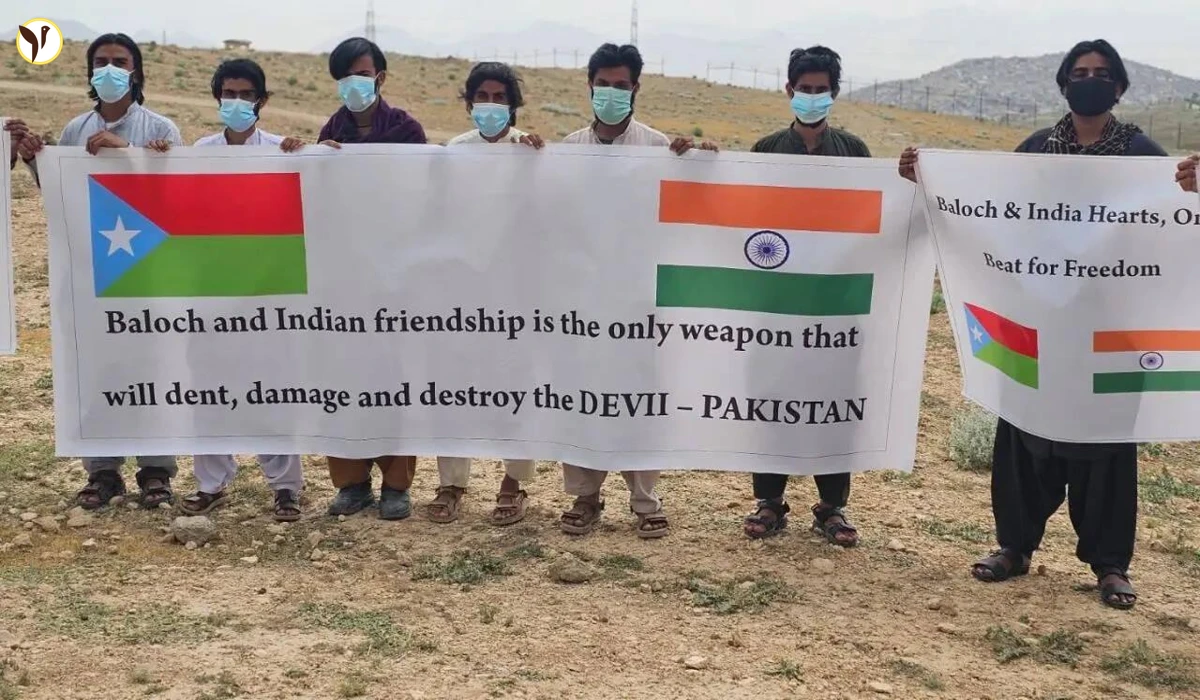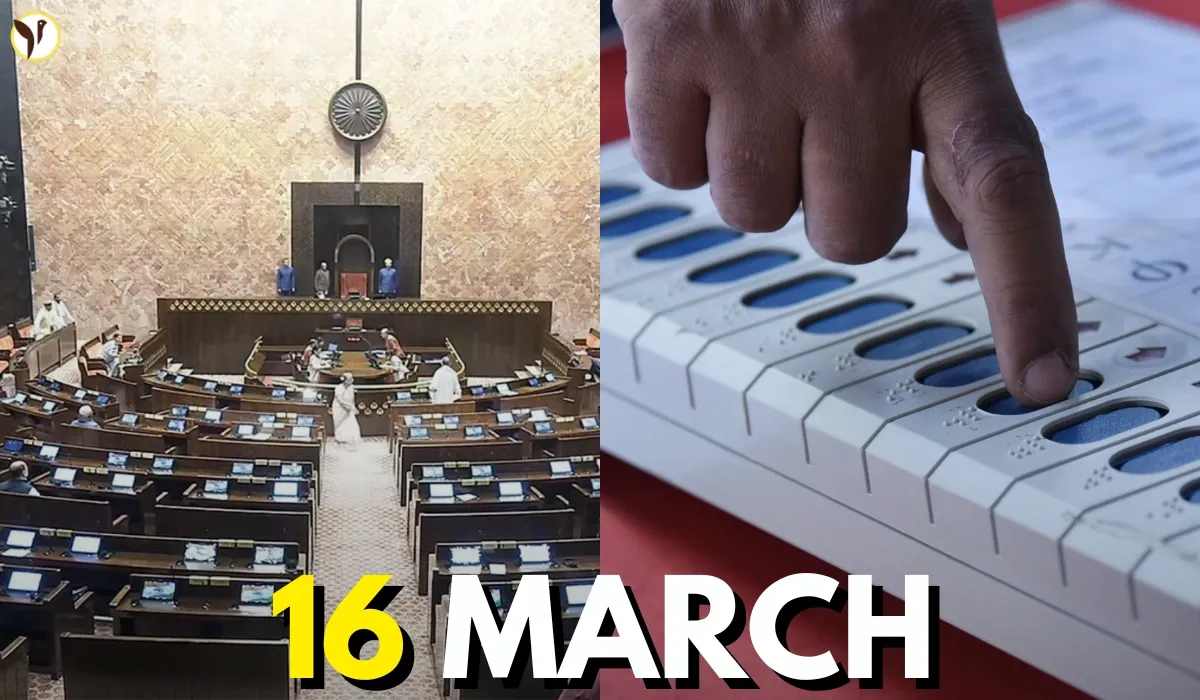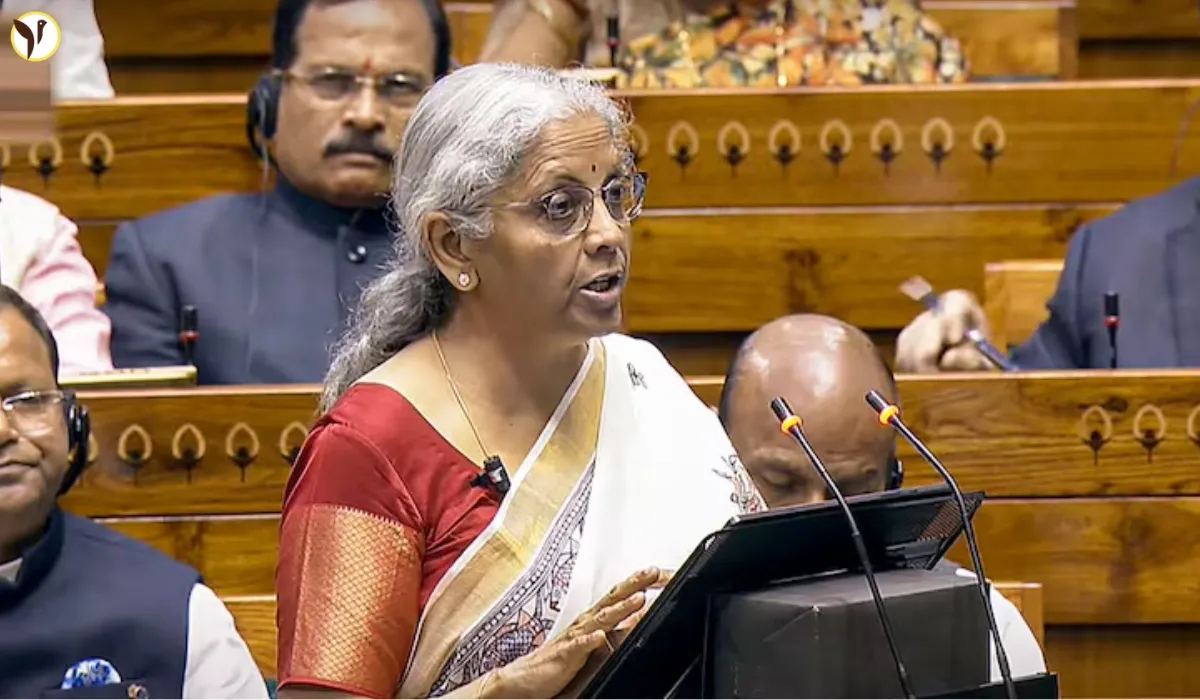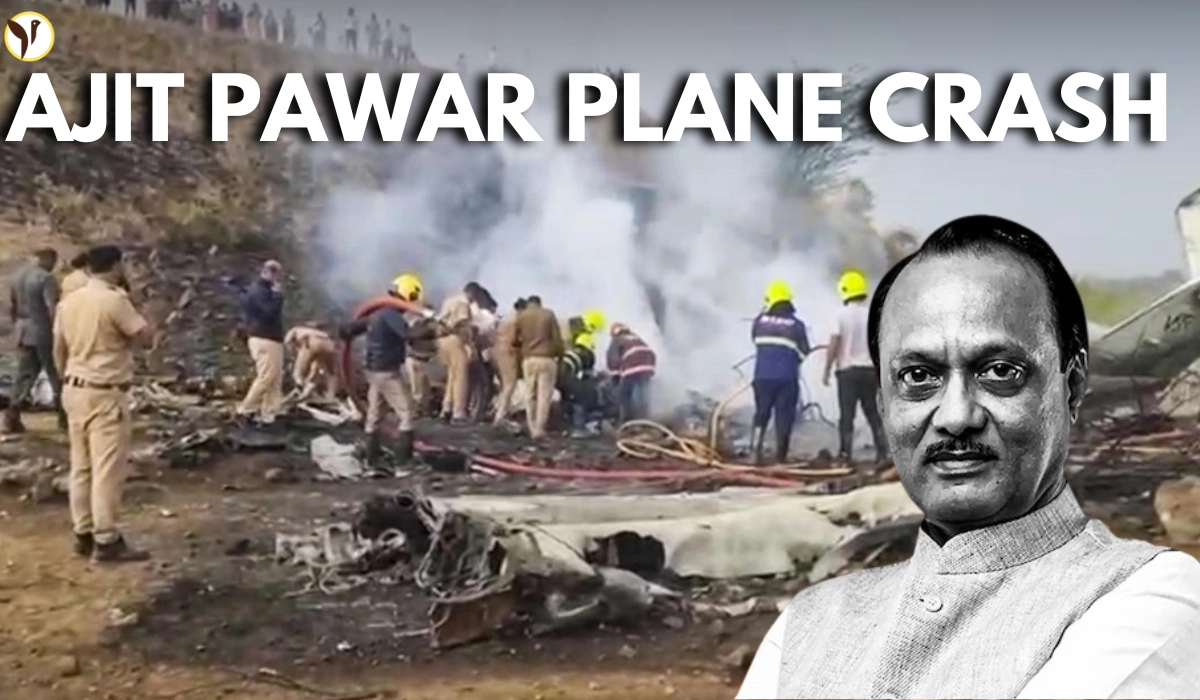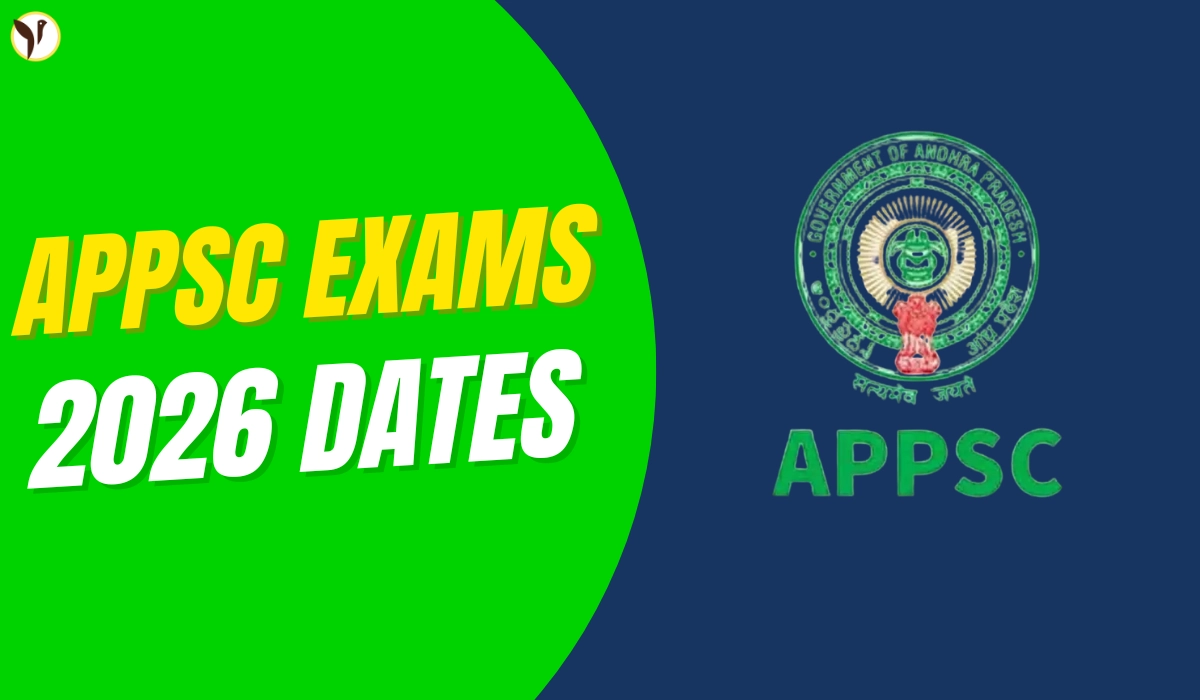Balochistan Independence Declaration Rocks Social Media
The internet exploded this week with the hashtag #RepublicOfBalochistan, after a series of posts by Baloch activist Mir Yar Baloch declared the region's independence from Pakistan. The announcement, made via the X platform (formerly Twitter), immediately sparked a firestorm of debate and speculation, raising questions about the future of this strategically important and volatile region.
The Declaration and its Fallout
Mir Yar Baloch’s declaration wasn’t a single statement, but a flurry of posts outlining the newly declared “Democratic Republic of Balochistan’s” demands. These included:
- Recognition from the UN: Balochistan seeks immediate international recognition and a UN peacekeeping mission to ensure a smooth transition.
- Withdrawal of Pakistani forces: A complete withdrawal of all Pakistani military, intelligence, and administrative personnel is demanded.
- Embassy in Delhi: Balochistan seeks to establish an official embassy in New Delhi, signaling a strong alignment with India.
- International Funding: Billions of dollars in funding are requested for establishing a new currency and printing passports.
- Government Formation: Baloch leaders are planning the formation of a new government, promising representation for Baloch women.
Balochistan's declaration closely followed India’s Operation Sindoor, a military operation targeting terror camps in Pakistan and Pakistan-occupied Kashmir (PoK). This timing suggests a possible link between the heightened regional tensions and the bold independence move. Images and videos circulating on social media show Balochistan flags being waved and maps depicting the newly declared republic.
Mir Yar Baloch also claimed that Baloch freedom fighters had attacked Pakistani gas fields in Dera Bugti, a region rich in natural resources. His posts portray Pakistan as a failing state, and express strong support for India. Several posts feature images of Baloch citizens holding placards expressing solidarity with India.
The Baloch Liberation Army (BLA) added to the tension by claiming responsibility for coordinated attacks against Pakistan, further fueling the narrative of a region on the brink of upheaval.
Unconfirmed Status and International Response
Despite the flurry of online activity and strong rhetoric, it's crucial to note that no official international body has recognized the Republic of Balochistan. There has been no official confirmation or response from major global powers or international organizations. The declaration, while symbolically significant, remains largely unrecognized on the world stage.
The situation is further complicated by the long history of conflict and insurgency in Balochistan, fueled by grievances over resource exploitation, human rights abuses, and a sense of marginalization within Pakistan. The region’s strategic location, encompassing the vital Gwadar Port, a key component of the China-Pakistan Economic Corridor (CPEC), adds another layer of complexity to the geopolitical landscape.
What's Next?
The future of Balochistan remains uncertain. While Mir Yar Baloch's declaration has grabbed global attention, the lack of international recognition underscores the monumental challenges ahead. The path to independence, if pursued, will require sustained international pressure, broad-based support from Baloch communities, and a delicate navigation of the existing geopolitical tensions in the region. The coming weeks and months will be critical in determining whether this online declaration translates into a tangible shift in the political landscape of the region.
Conclusion
The declaration of the “Republic of Balochistan” is a significant development, but its success hinges on various factors, including international recognition, internal unity among Baloch groups, and the response of Pakistan and its regional allies. The situation is fluid and demands close monitoring in the coming days and weeks. Only time will tell if this bold social media campaign can pave the way for a truly independent Balochistan.
